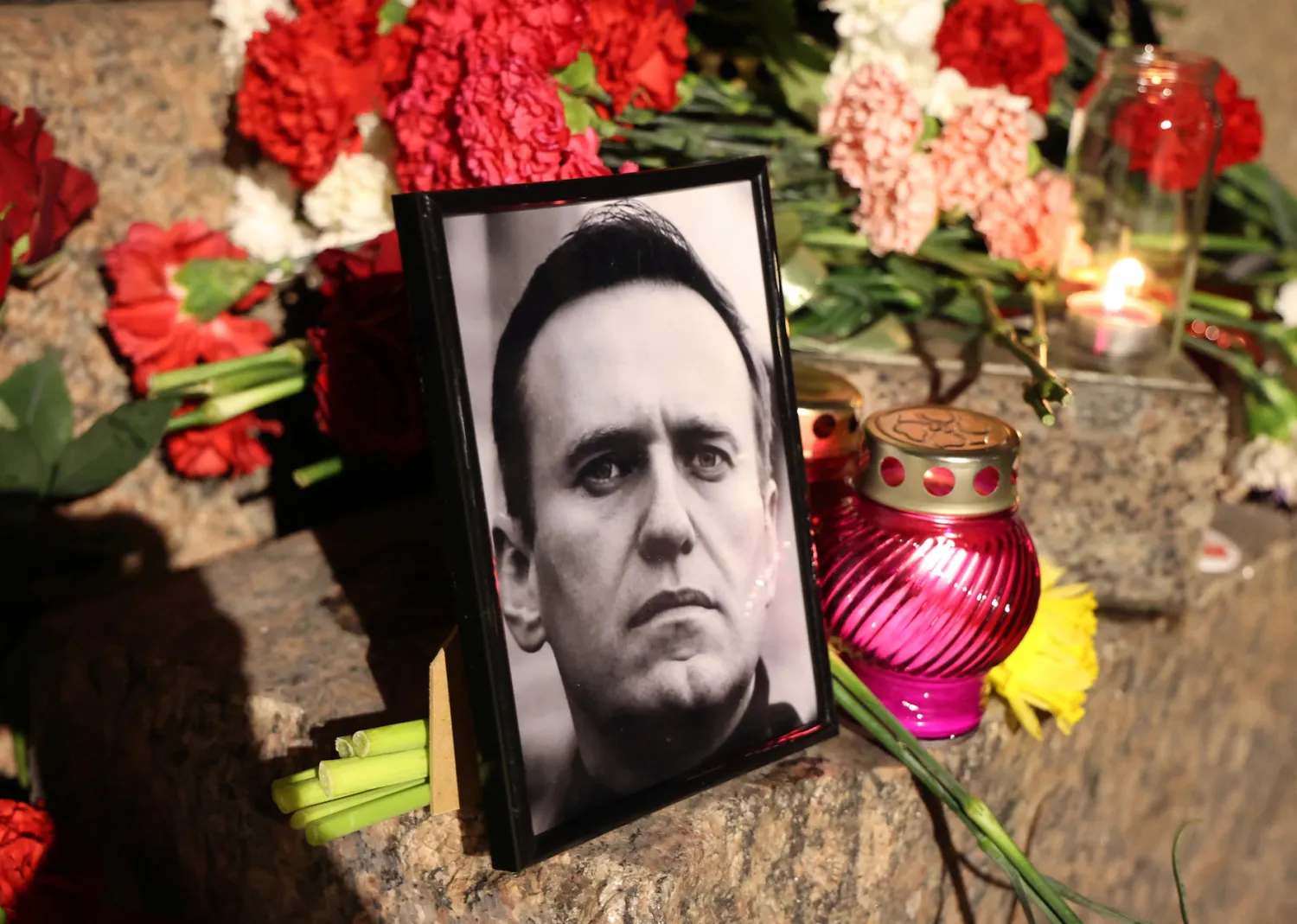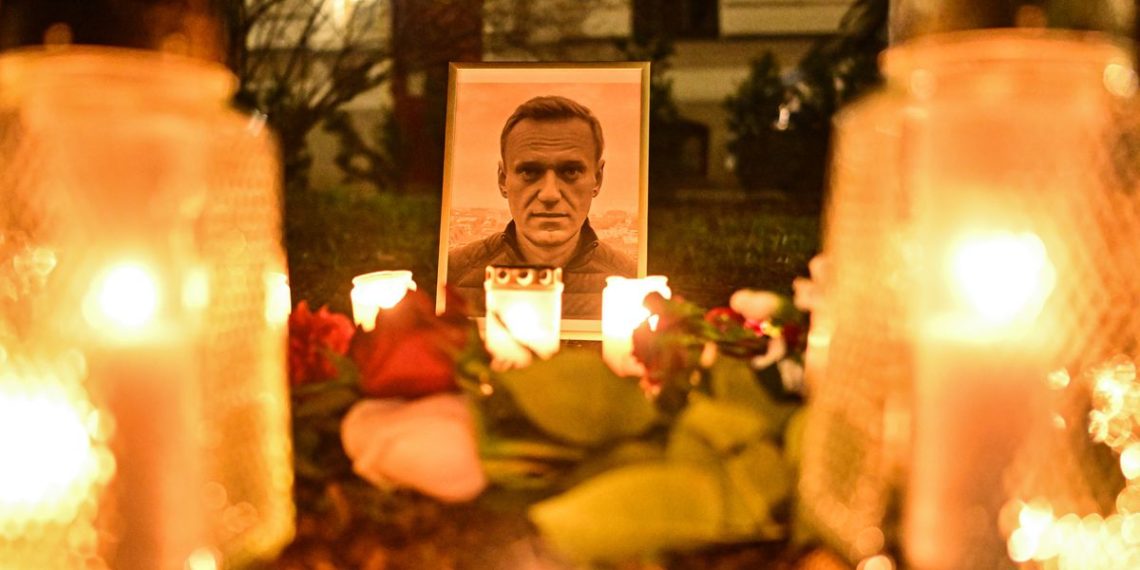The death of Alexey Navalny intensified the ongoing debate in Washington over how to confront Russia and its leader, Vladimir Putin.
President Biden unequivocally held Putin responsible for Navalny’s demise, labeling it as evidence of Putin’s cruelty. In contrast, Trump remained silent on Navalny’s death, diverting attention to unrelated topics on social media.
The contrasting reactions underscored the deep division in American politics regarding Russia. For supporters of a robust American presence in Europe within NATO, Navalny’s death reinforced the urgency of countering Putin’s aggression.
However, skeptics within the Trump camp questioned the need for strong Western reprisals against Russia and suggested that the US-led security architecture in Europe is outdated.
The decision on how to proceed carries significant implications. Biden warned that history would judge the US based on its response and emphasized the importance of supporting Ukraine during this critical time.
Meanwhile, some Republicans, including Trump, have resisted efforts to increase aid to Ukraine, despite warnings that failing to do so could embolden Putin.
Biden and his administration officials, along with a minority of Republicans, placed direct blame on Putin for Navalny’s death.
They stressed the importance of maintaining alliances and standing against Russian aggression. However, others, including Trump, have undermined the bipartisan consensus on this issue, advocating for a more isolationist approach and expressing support for Putin.

As the debate unfolds, the future of US involvement in global affairs hangs in the balance. Biden’s administration continues to push for increased support for Ukraine, while Trump’s faction questions the need for such involvement.
The ideological divide within American politics over how to handle Russia remains stark, with Navalny’s death serving as a grim reminder of the high stakes involved.





